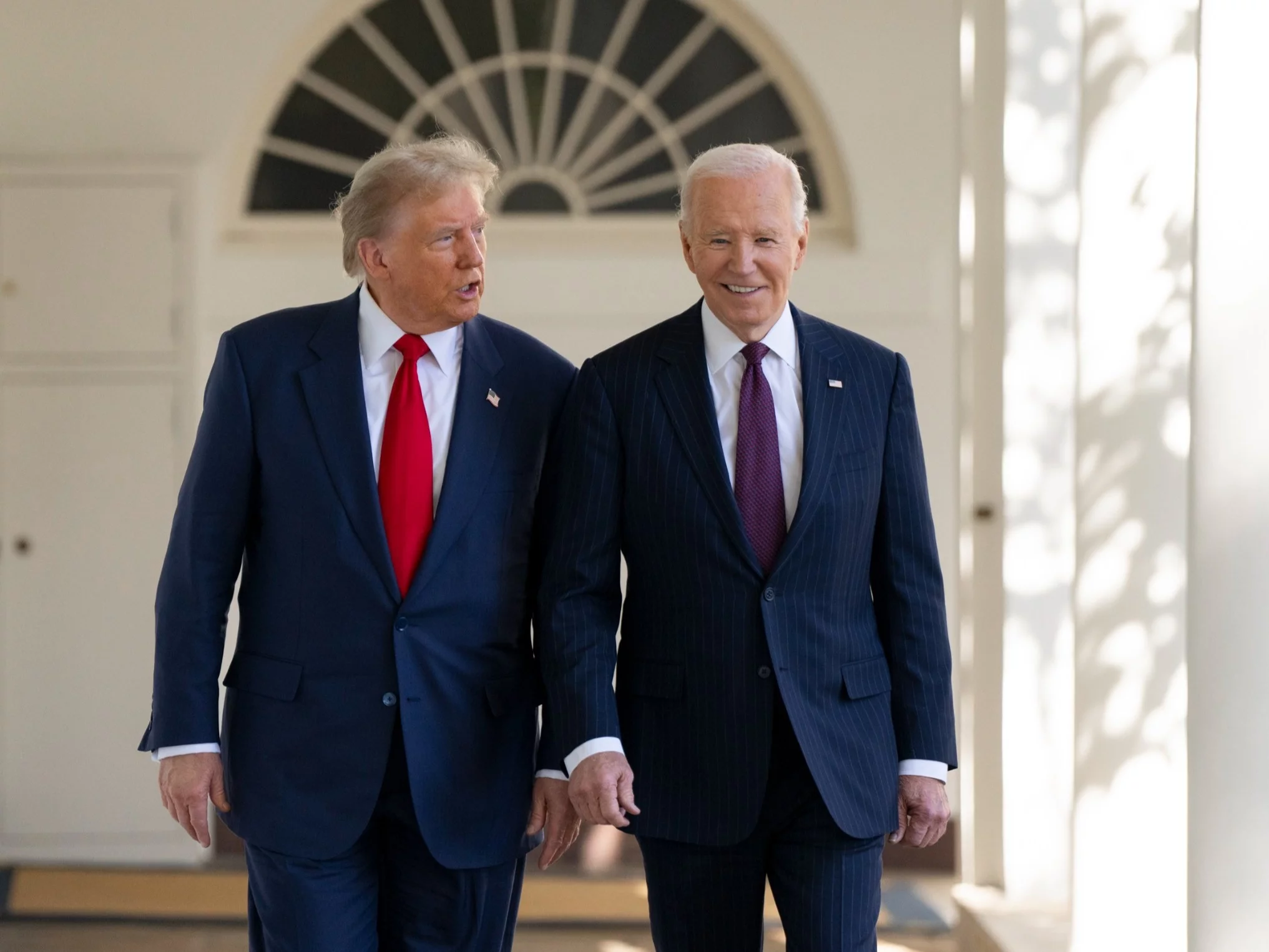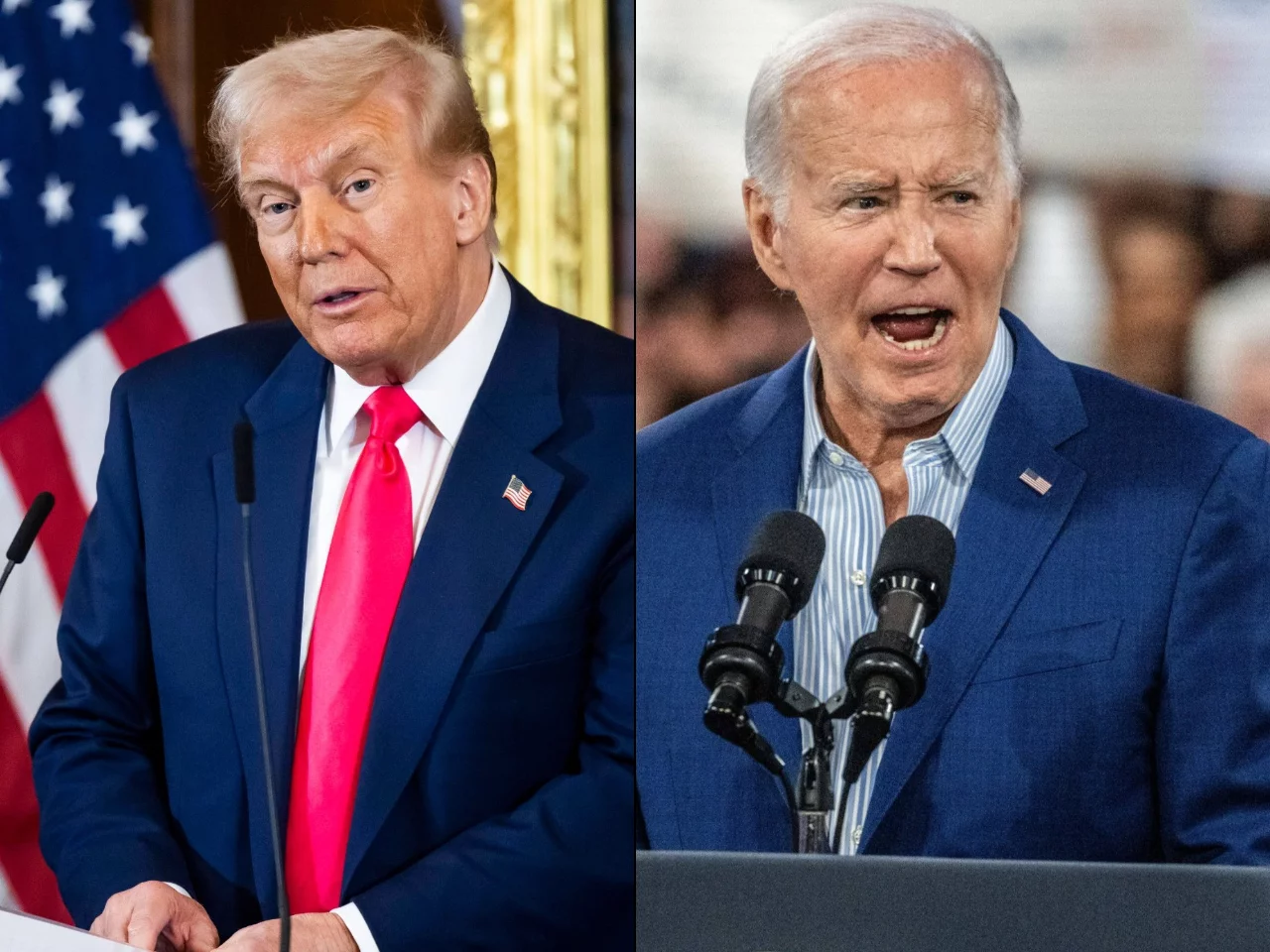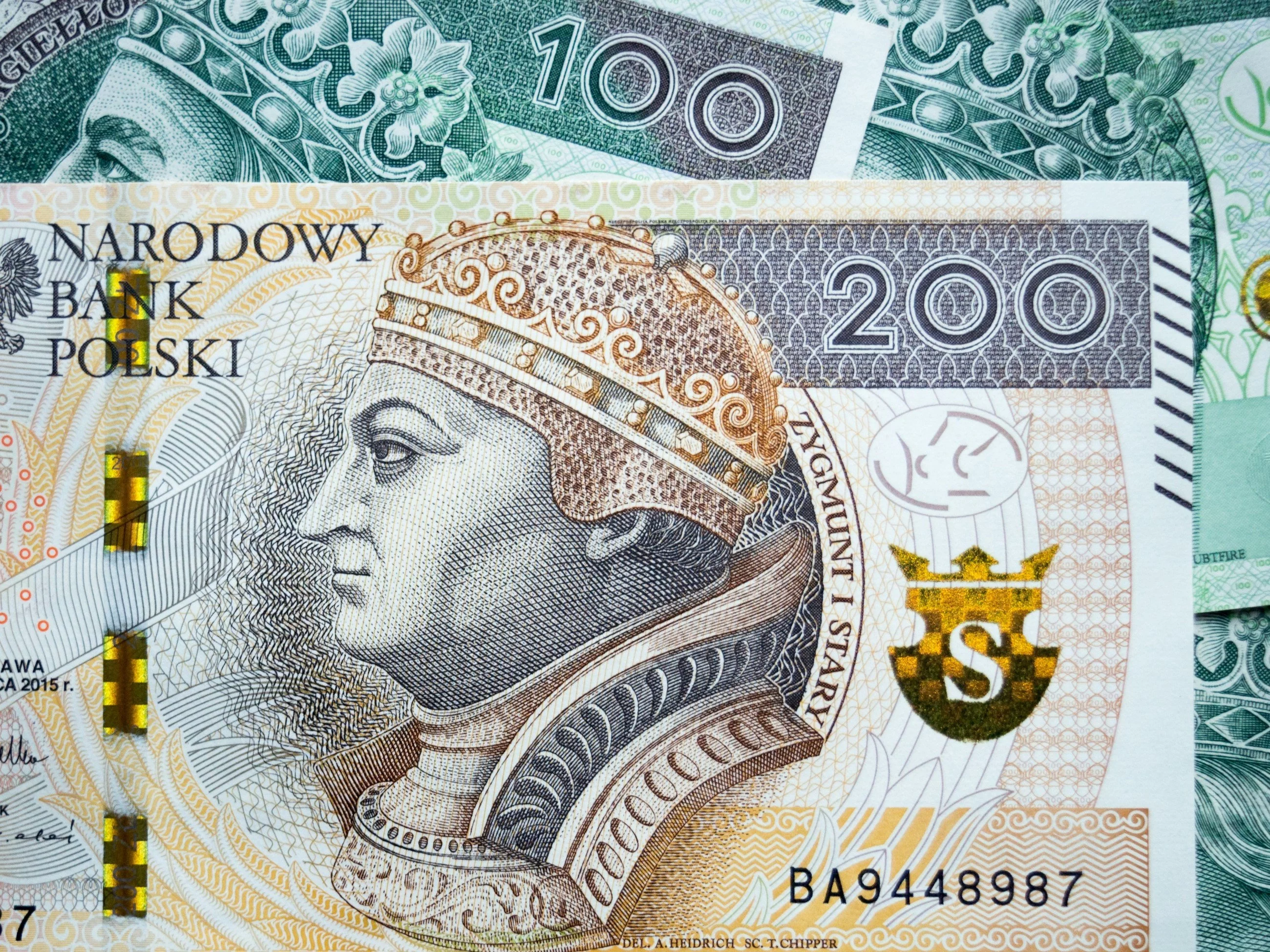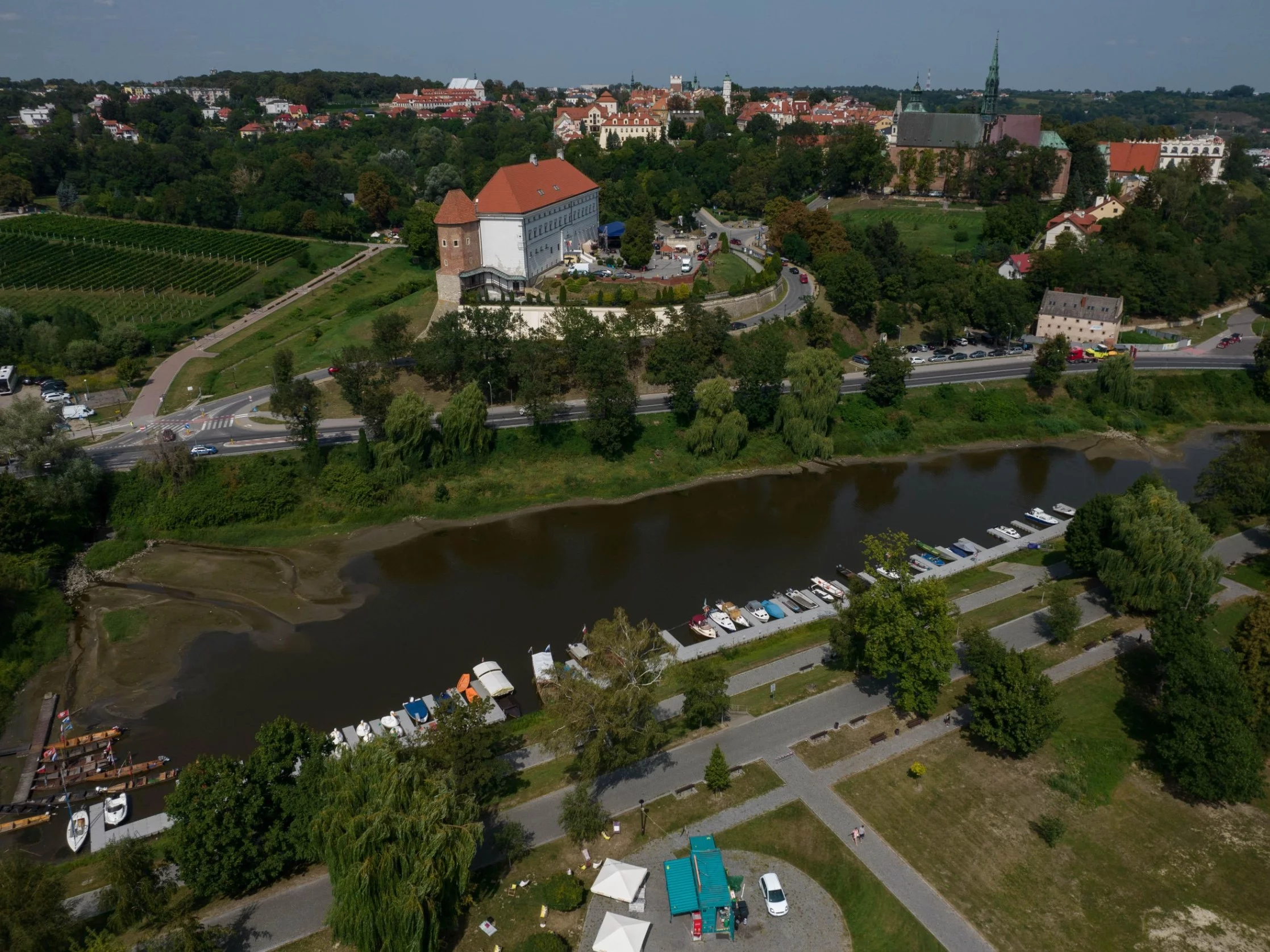Victor Orbán doesn't beat around the bush. Its criticism of the fresh seven-year budget of the European Union is direct and brutal: according to him, the full financial structure serves a single intent – bringing Ukraine into the EU.
"EU budget has only 1 apparent objective: the introduction of Ukraine into the EU and these funds are transferred to Ukraine" said Prime Minister of Hungary on Kossuth radio.
This message became the axis of his opposition to the planned budget, which, according to the European Commission, is expected to scope up to EUR 2 trillion. Orbán claims that as much as 20–25% of the funds from the fresh budget would go straight to Kiev. There is besides another crucial part of cake – 10–12% of the budget will be absorbed by repayment of previously incurred debts.
"If we look at the financial aspects only, we will see that in addition to 20–25 percent of the budget resources allocated to Ukraine, 10–12 percent of the erstwhile loans go to debt repayment" – he noted.
In total, this means that almost 1 3rd of the EU budget would be allocated to objectives that, as Orbán says, "did not be in the erstwhile seven-year budget".
“That is why everyone in the European Union is shouting” – he added.
According to Orbán, the problem with the budget is that it has no clear strategical basis.
"If we do not know what the budget is, it cannot be good, due to the fact that first we gotta answer the question of what we want it to achieve".
The Hungarian Prime Minister suggests that Brussels is utilizing the budget as a political and not economical tool. In his opinion, alternatively of Ukraine's accession, it would be better to build a partnership with this country.
"The right decision is not to accept Ukrainians, but alternatively to make any form of cooperation with them".
Orbán besides expresses concerns about the future of support for agriculture. According to him, the fresh budget lacks collateral for 1 of the key economical sectors in many associate States.
"What happens to farmers if the EU stops supporting them in the future?" – he asked in a conversation with the radio.
Orbán is not isolated in his opposition. German Chancellor Friedrich Merz besides powerfully rejected the Commission proposal. His government spokesman, Stefan Cornelius, made it clear:
"Complete increase in the EU budget is unacceptable at a time erstwhile all associate States are making crucial efforts to consolidate their national budgets. Therefore, we will not be able to accept the Commission proposal".
In Orbán's opinion, this budget has no chance to enter into force.
"This budget will not last" – assesses and recalls that the approval of the budget requires unanimity of all associate States.
This, as he says, opens the way for serious negotiations that may prove highly difficult. Especially as the European Commission wants to link the fresh budget with the extension of the regulation of law mechanics – tools that countries specified as Hungary, Poland and Slovakia reject in their current form.
Experience from the erstwhile budget is simply a informing to these countries. The governments of Hungary and Poland then agreed to the regulation of law mechanics in exchange for funds from the budget and the reconstruction fund. The effect? any EUR 10 billion was frozen for Hungary, and Poland recovered funds only after the government of Donald Tusk came to power. All this, according to Orbán, undermines the sense of a common EU financial policy. Moving billions to Ukraine, while reducing resources for farmers or investments, can undermine citizens' assurance in the very thought of the European Union.
“Budget is simply a large discipline to realize it, 1 must be able to read not only what is written in it, but besides what is hidden between the lines.” – says Orbán.
His words are not only in Budapest. Many Europeans are starting to question the legitimacy of expanding spending on geopolitical projects, while the regular needs of citizens. from inflation to energy security, they are pushed to the background.
The budgetary conflict does not concern only figures. This is simply a fundamental debate about the future of the Union: whether to be a community of equal nations or a centralised superstate with a single decision centre. Orbán has already chosen the website – and as you can see, he does not intend to back down.
















